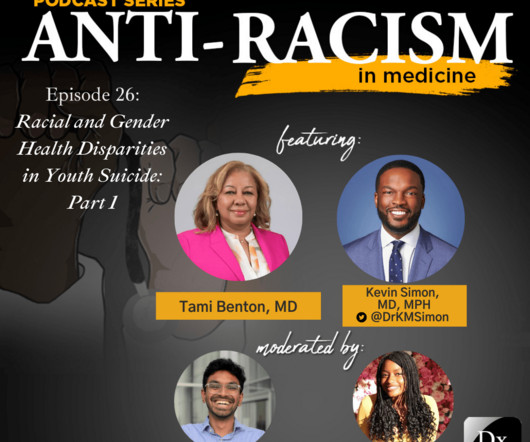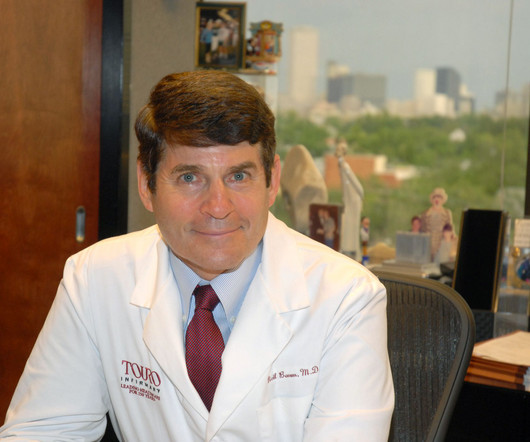Using technology to reclaim our time
Today's Hospitalist
MAY 9, 2025
OUR ENTIRE FIELD of hospital medicine grew out of the need to innovate to address the growing complexities of inpatient medicine. For many of us, the emergence of medical scribes, both in-person and remote, provided a valuable solution, offloading documentation and allowing us to have more focused patient interactions. The result?














Let's personalize your content